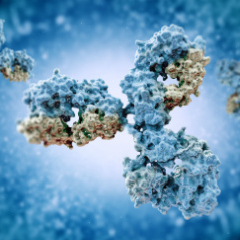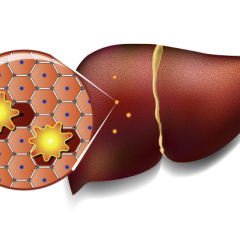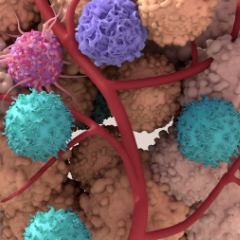Research
Our group studies several aspects of cancer immunity and immunotherapy. The clinical success of immune checkpoint blocking antibodies and additional immunotherapies have revolutionized the field of cancer treatment over the last decade. Driven by our understanding of the potential of immune activation for cancer therapy, our research aims to uncover anti-tumor immune pathways controlling tumor growth and to better address current limitations of immunotherapies, such as resistance to treatment and disease recurrence, and dose-limiting toxicities. We are focused on attaining new mechanistic insights into how antibody-based immunotherapies work, and how efficacy can be enhanced while limiting toxicity. Our studies combine in-vivo genetic tools, advanced humanized mouse models and high-dimensional analysis of the immune response on the spatial, cellular, proteomic and transcriptomic levels to provide critical insights into immune responses that mediate effective anti-tumor activity. We then apply protein- and antibody- engineering approaches such as Fc-engineering and bi/multi-specific platforms to develop additional novel immunotherapy modalities to induce safe, potent and tumor-specific immune activation.






